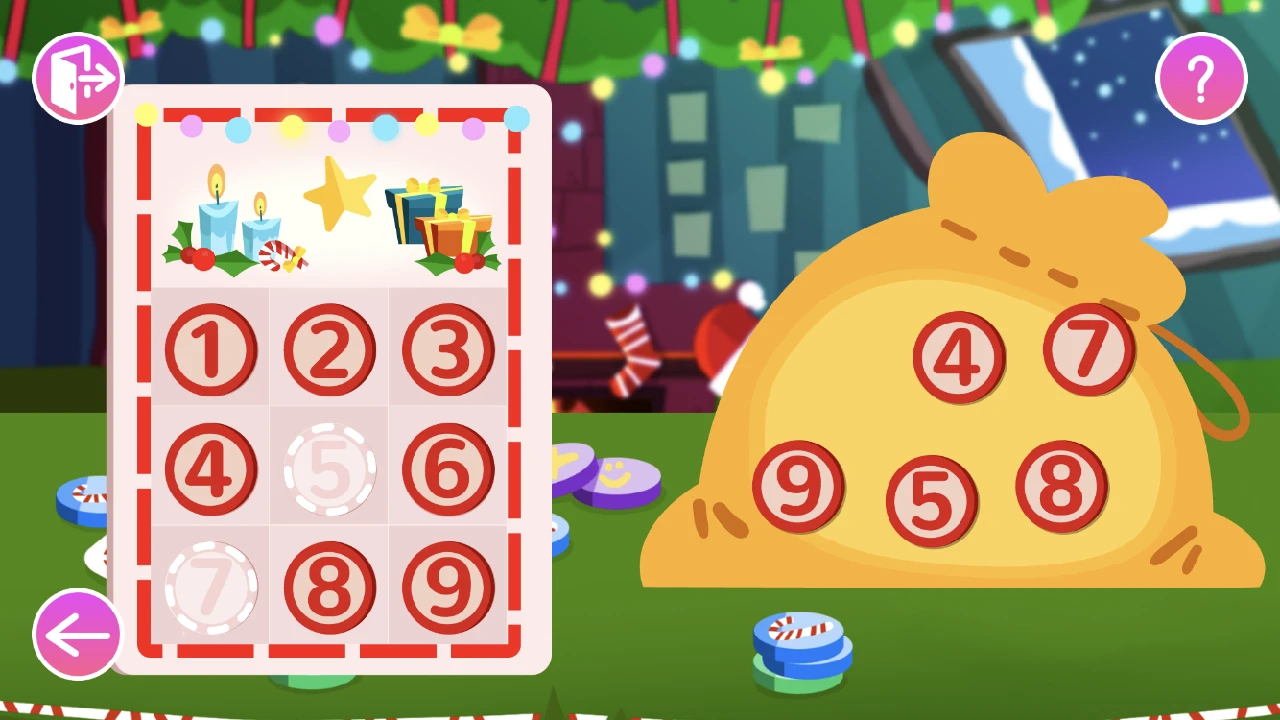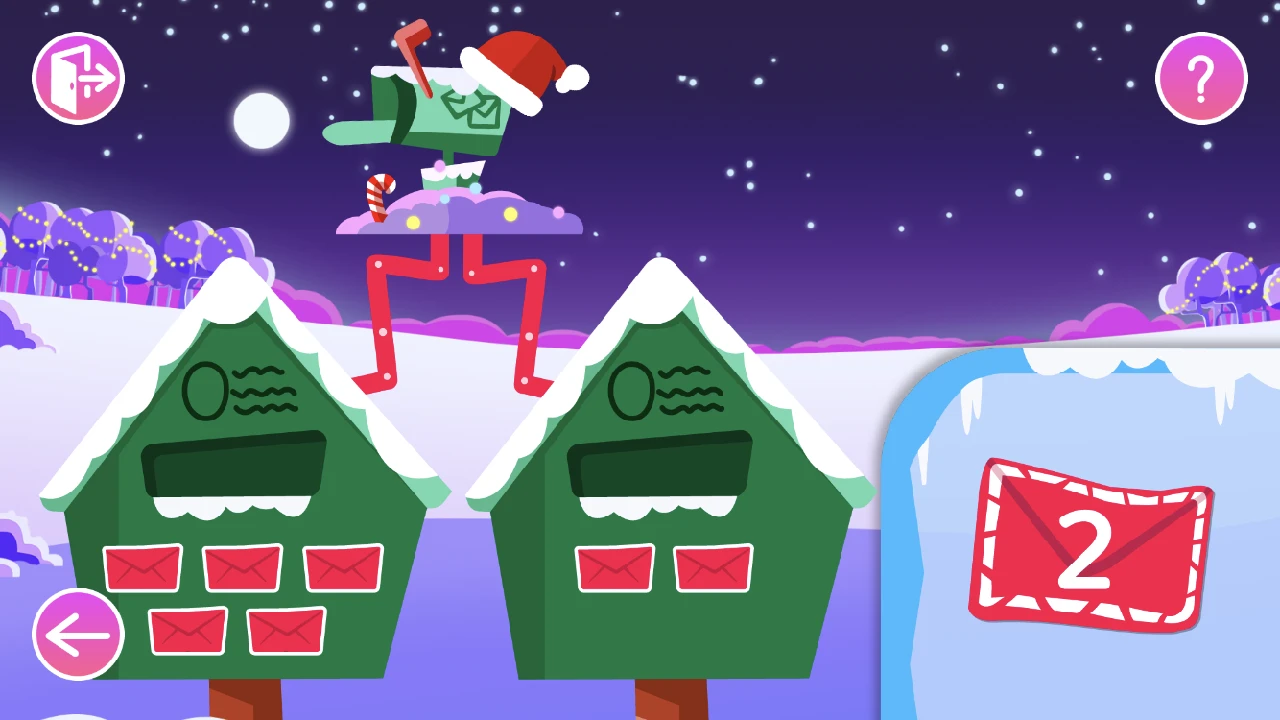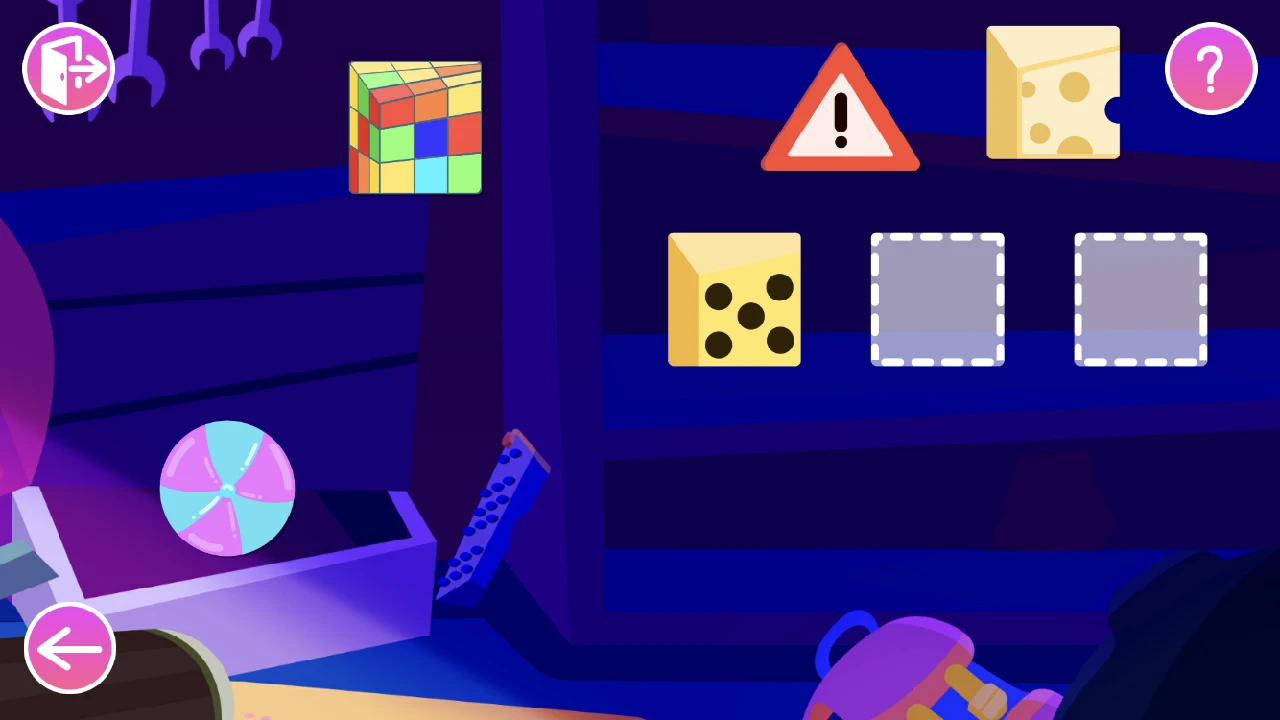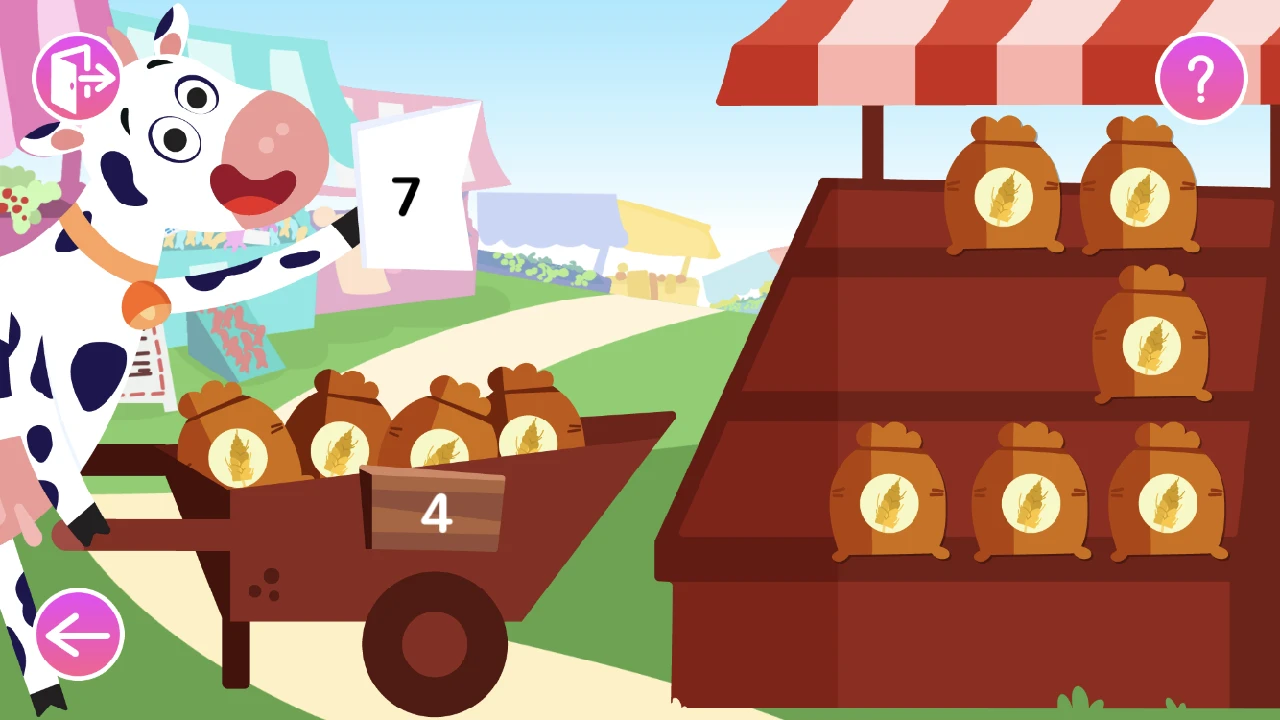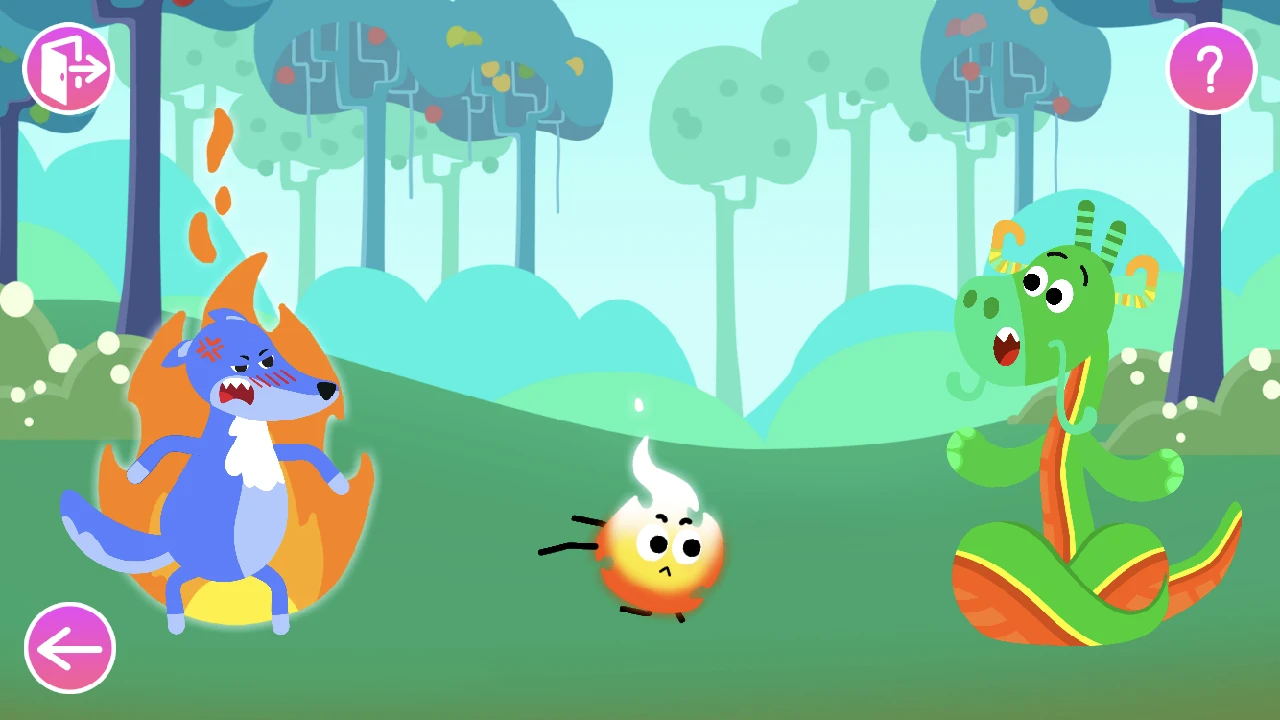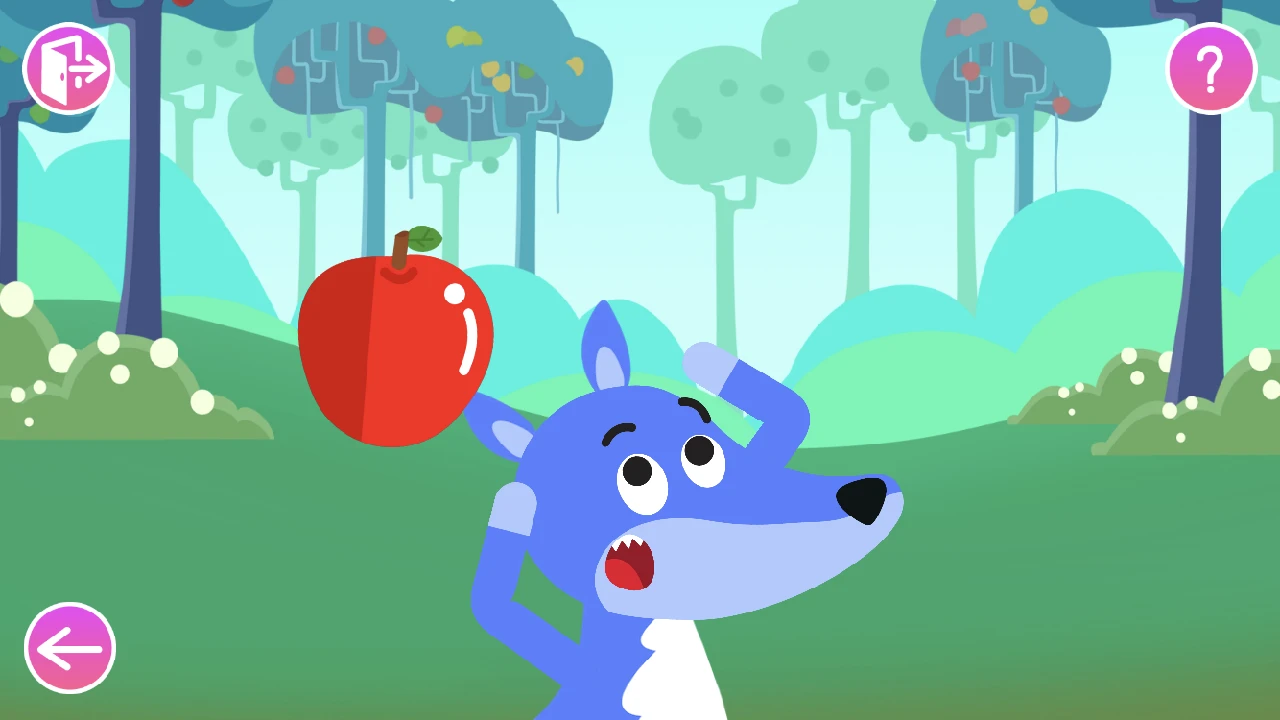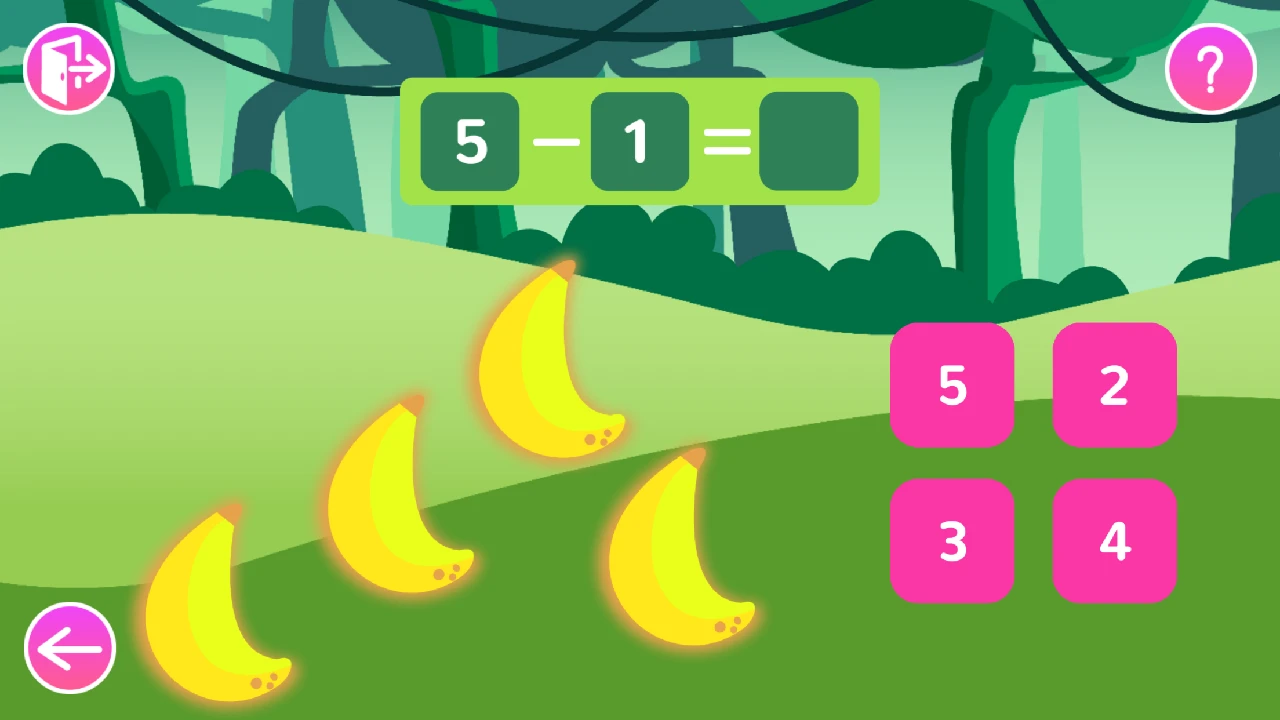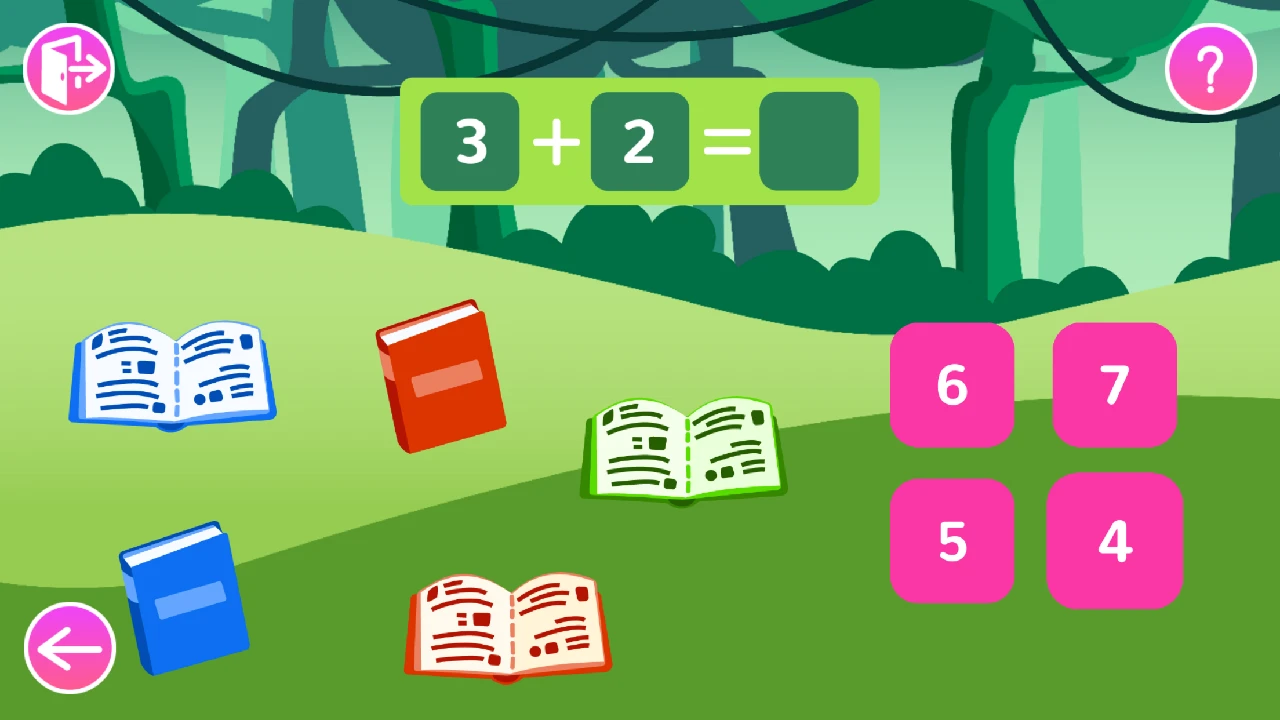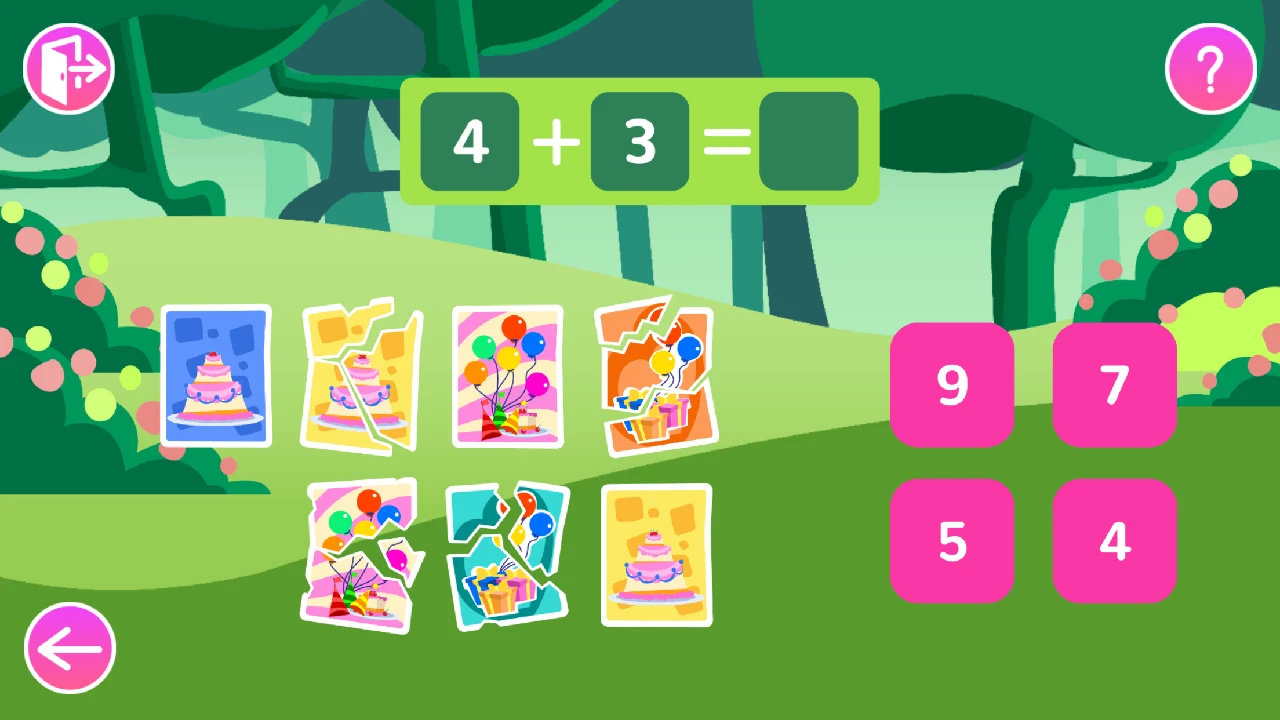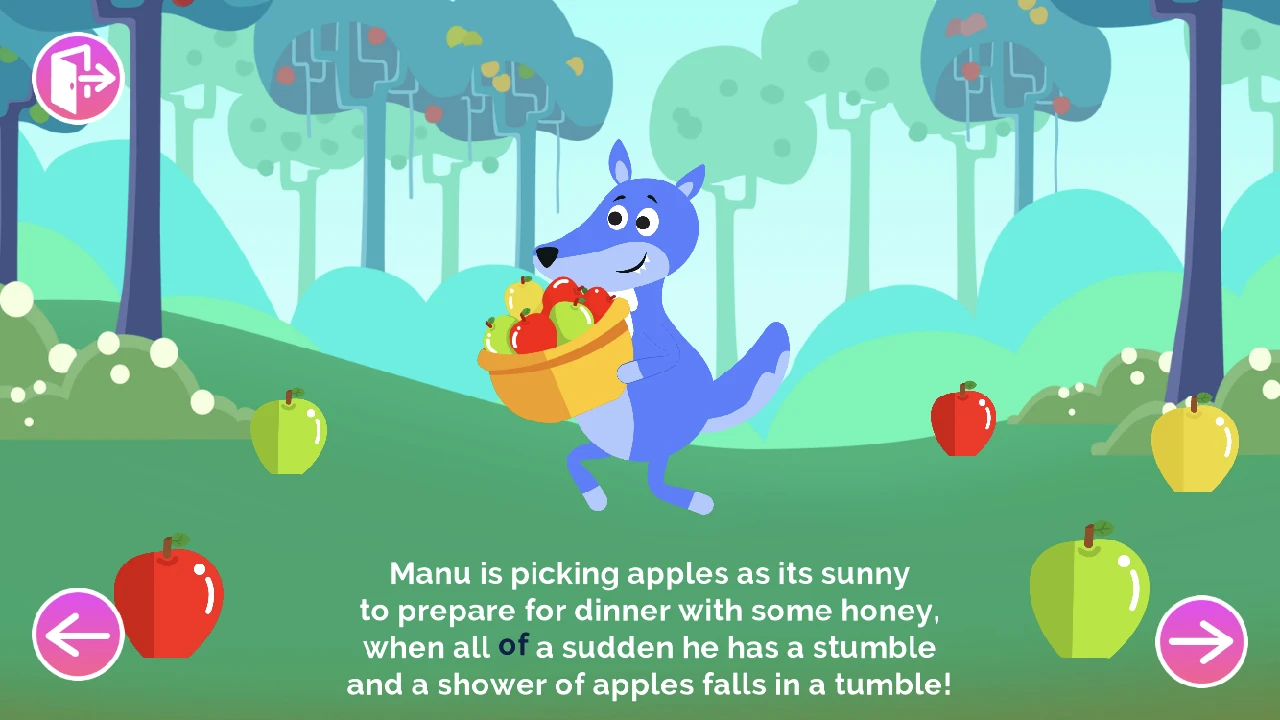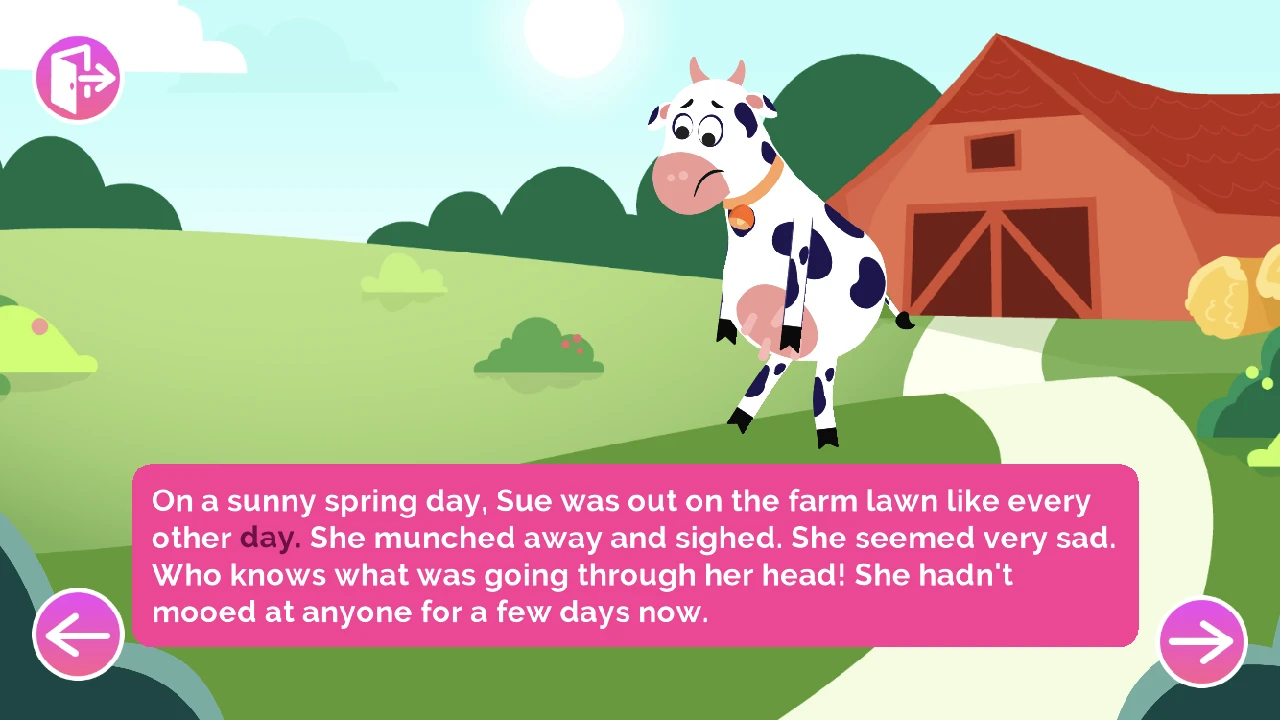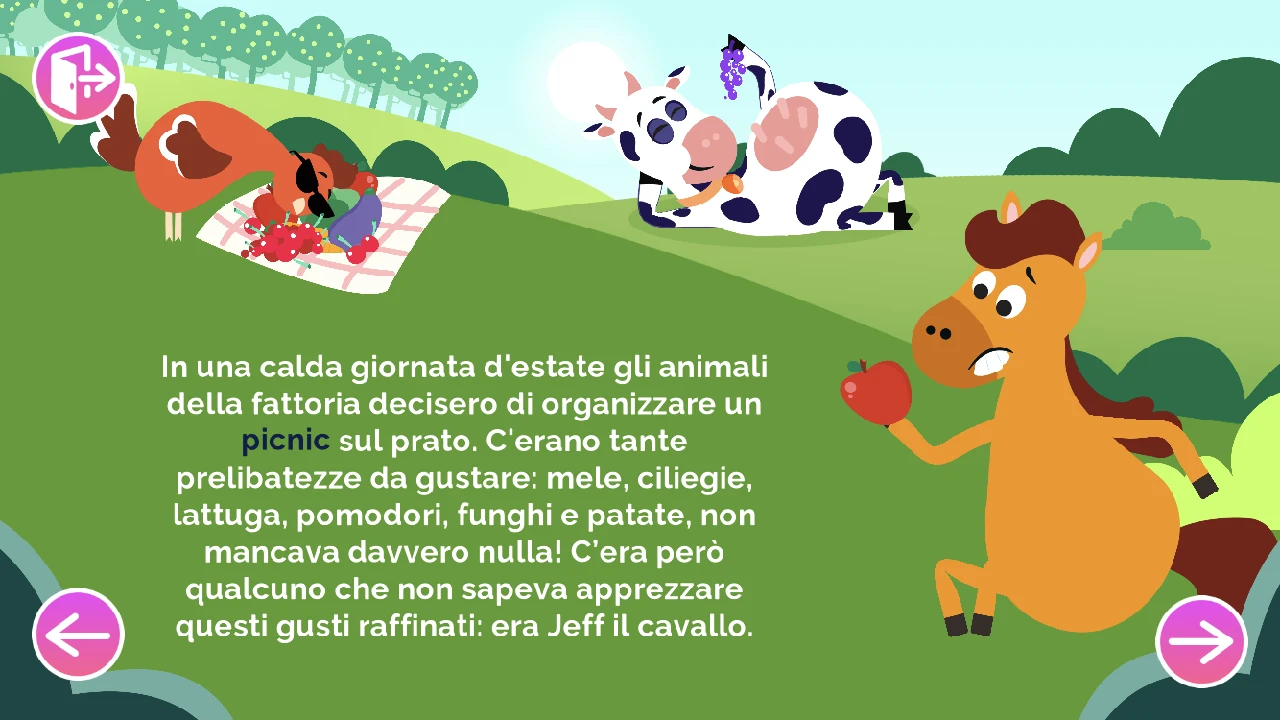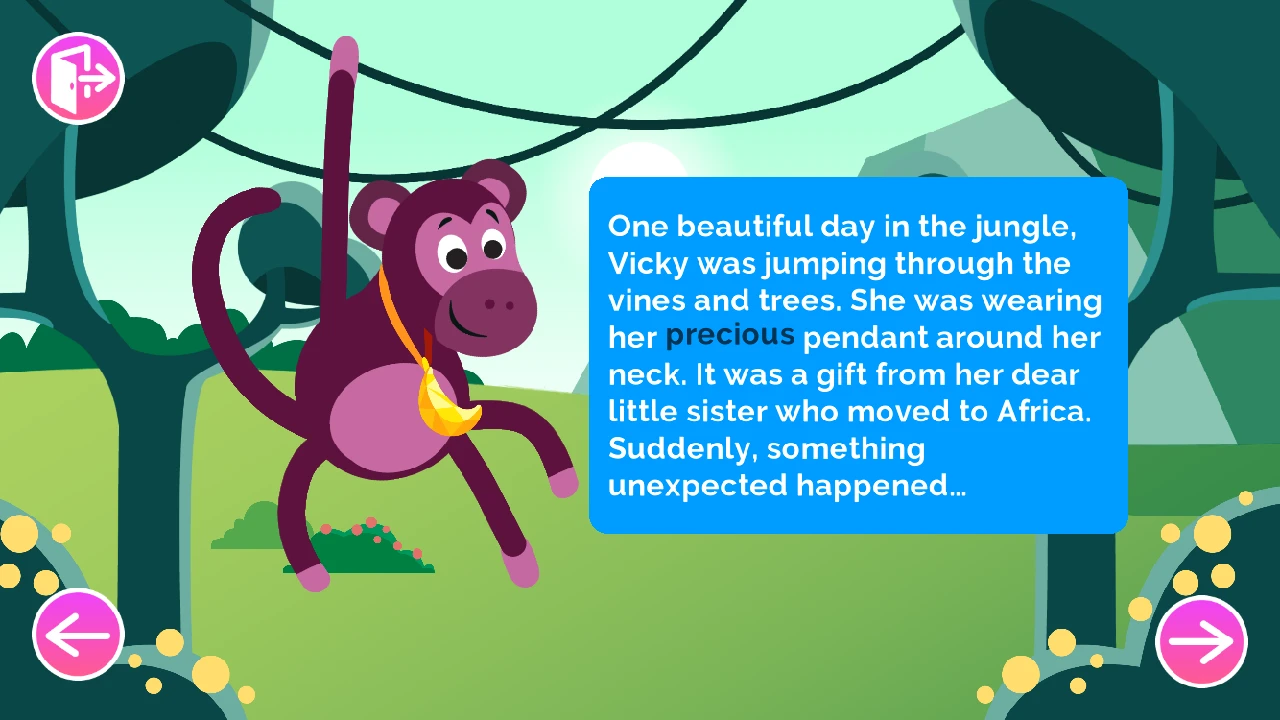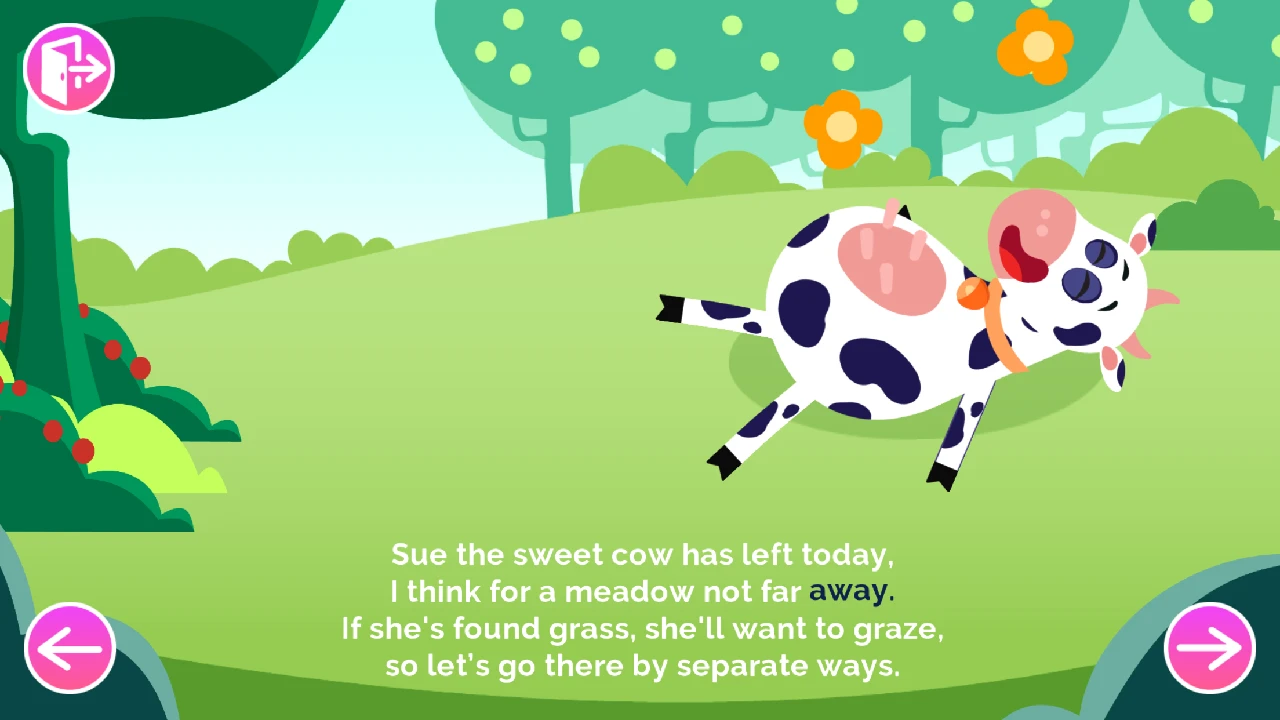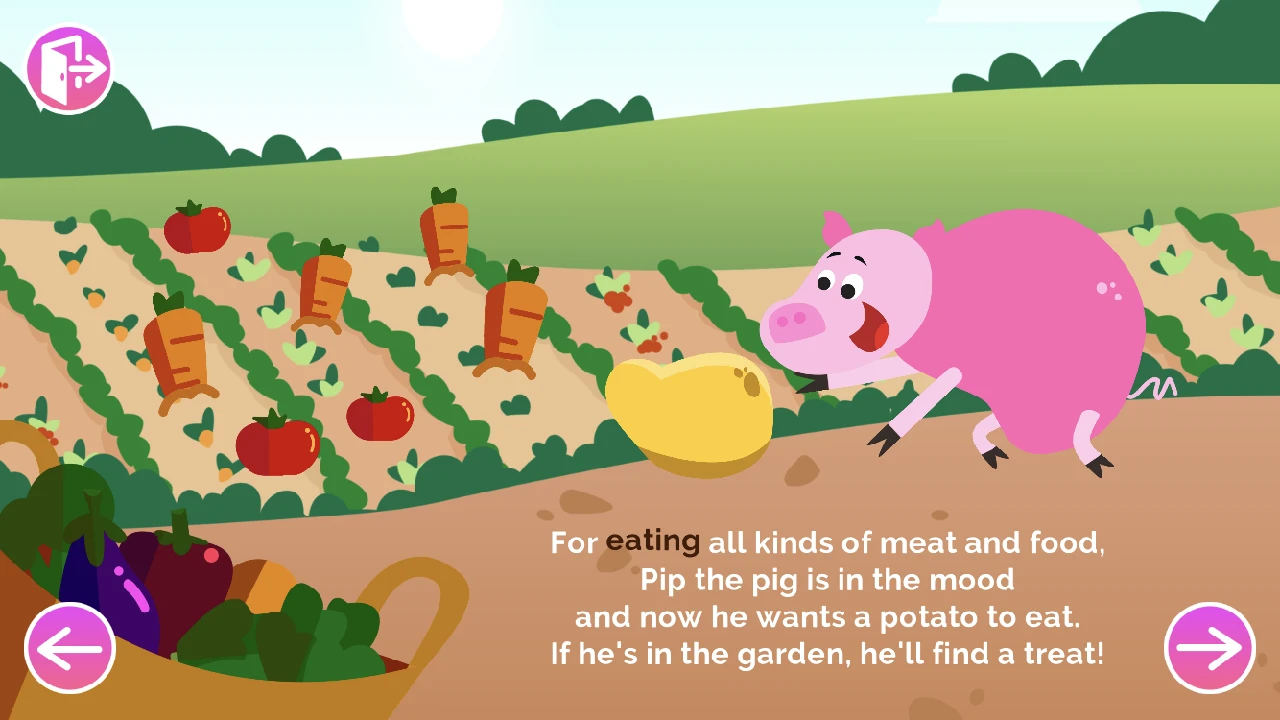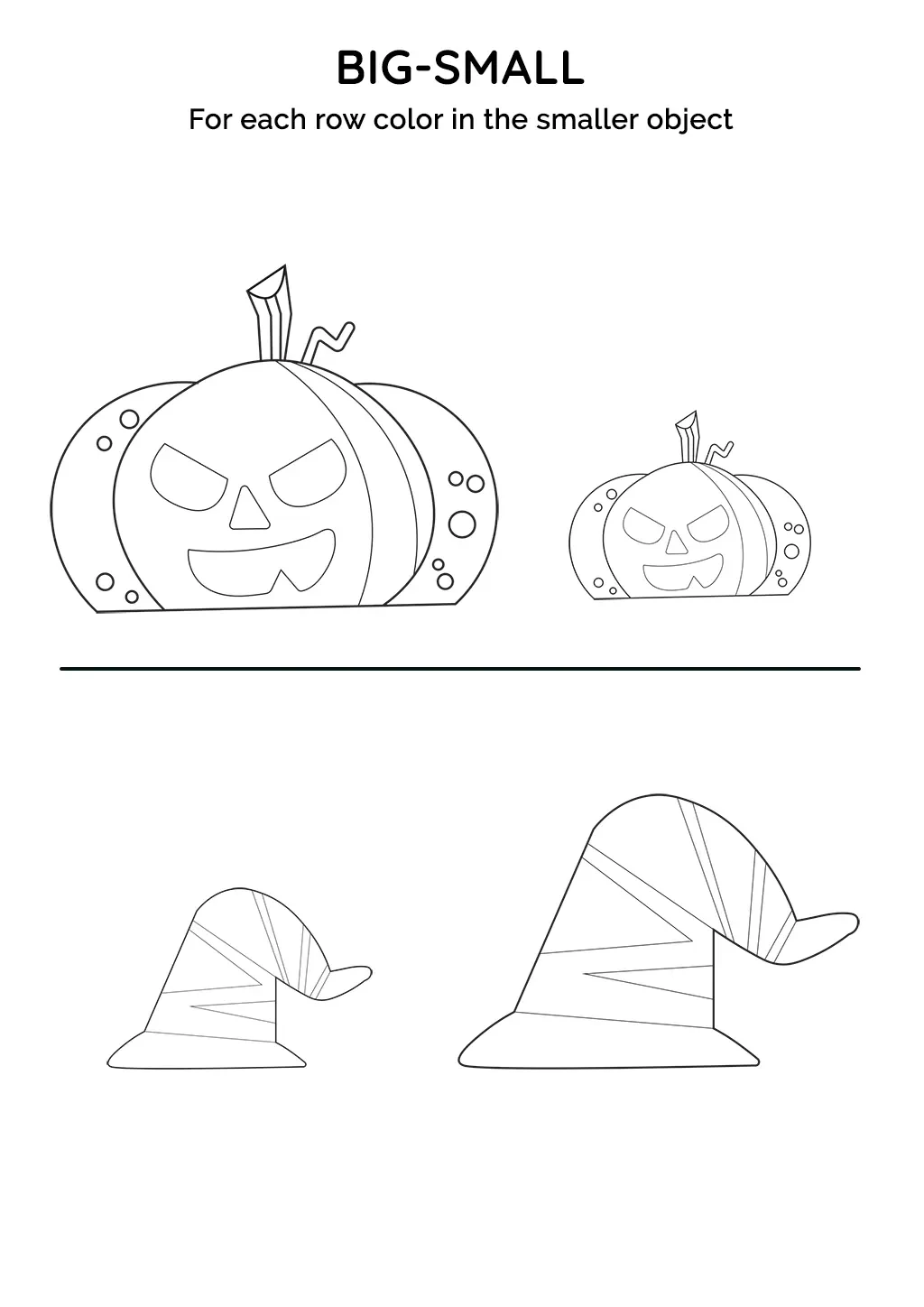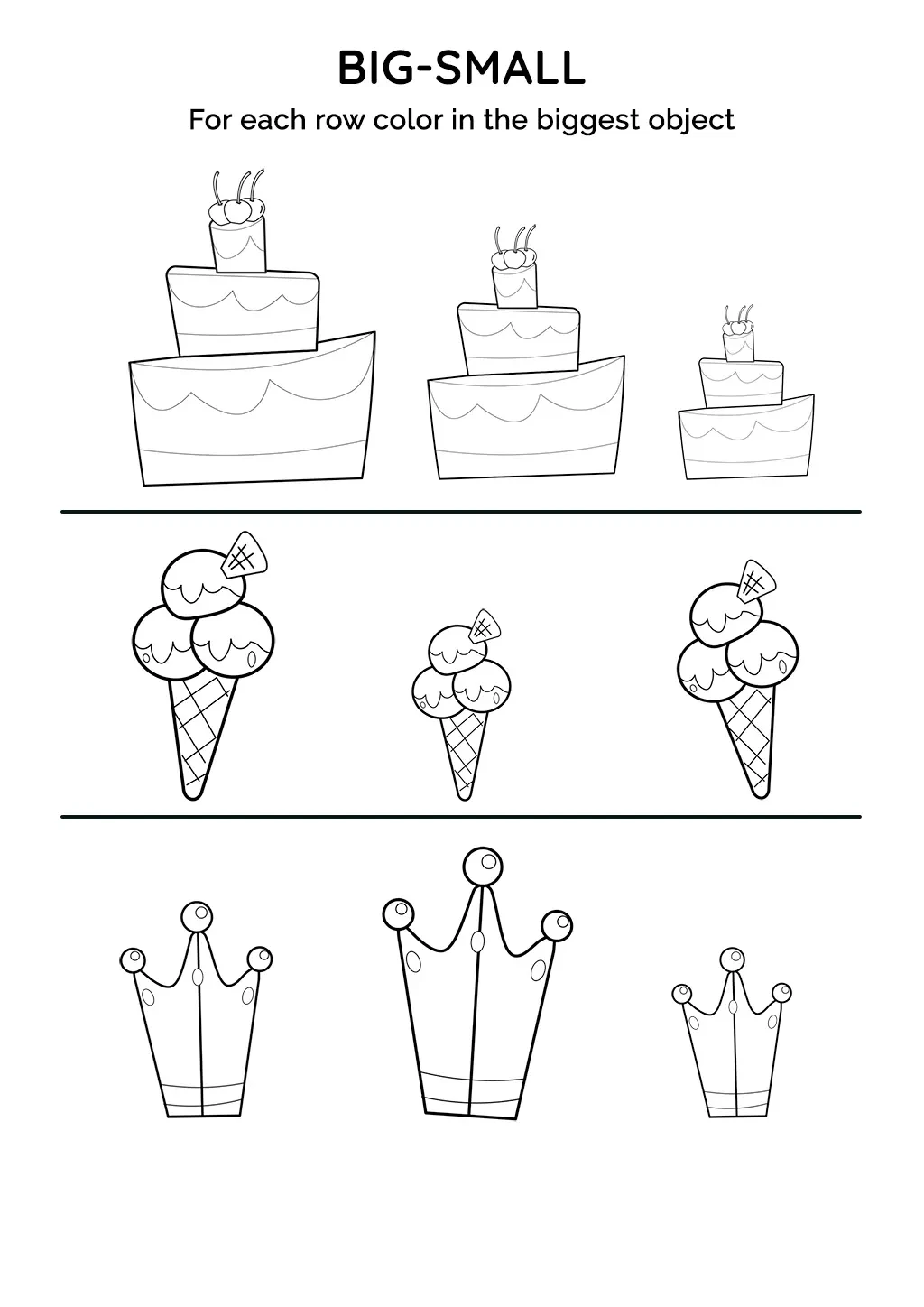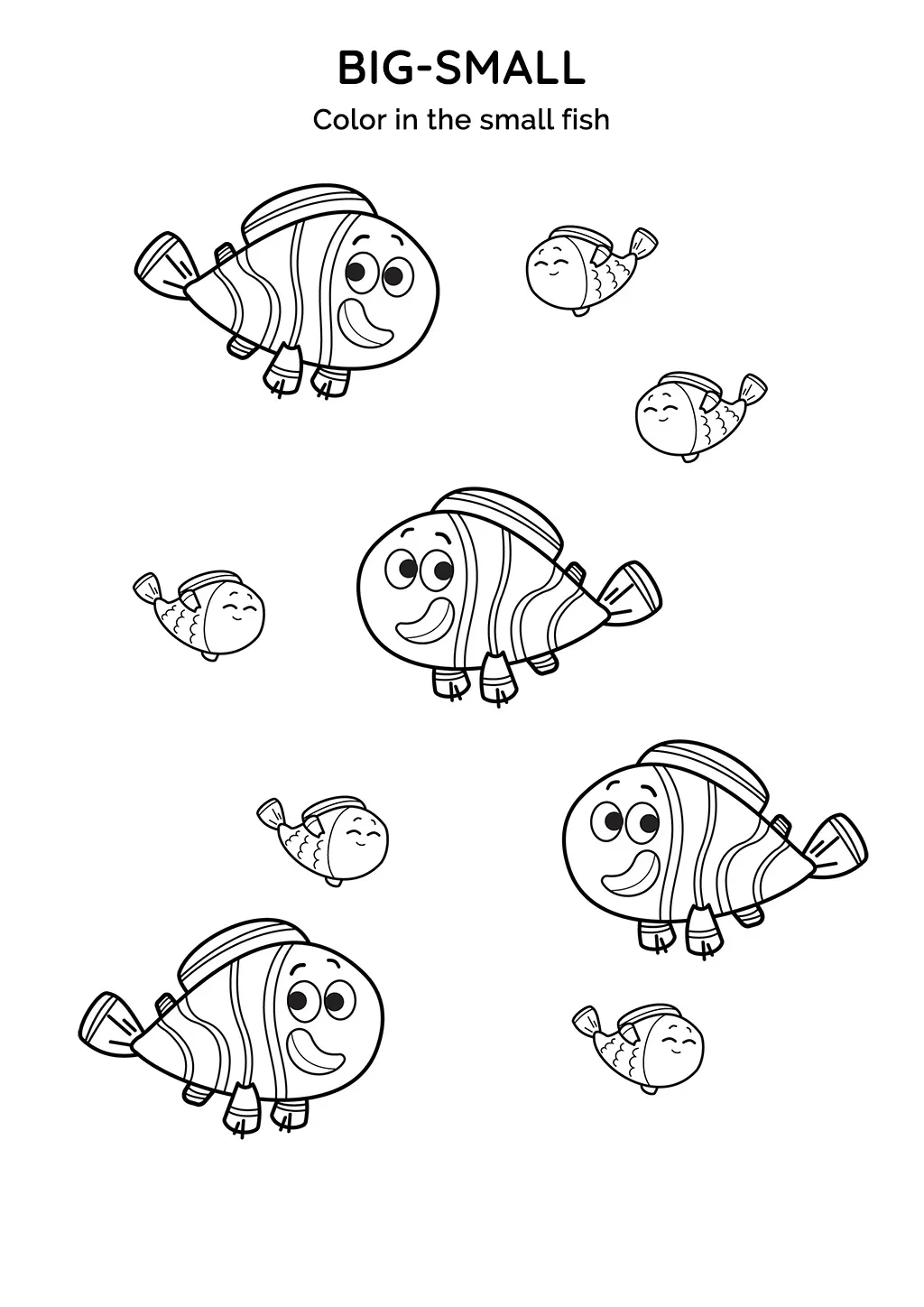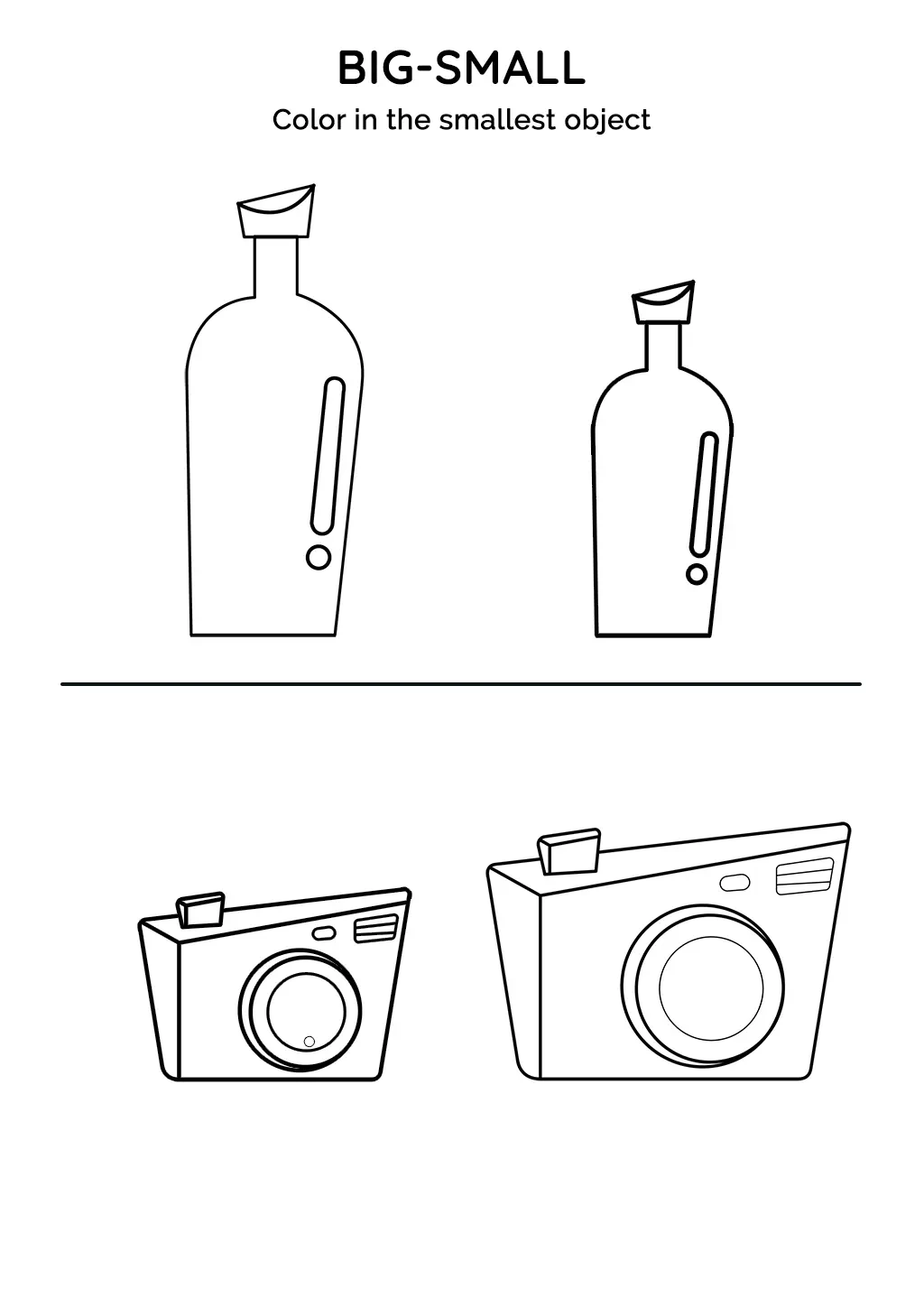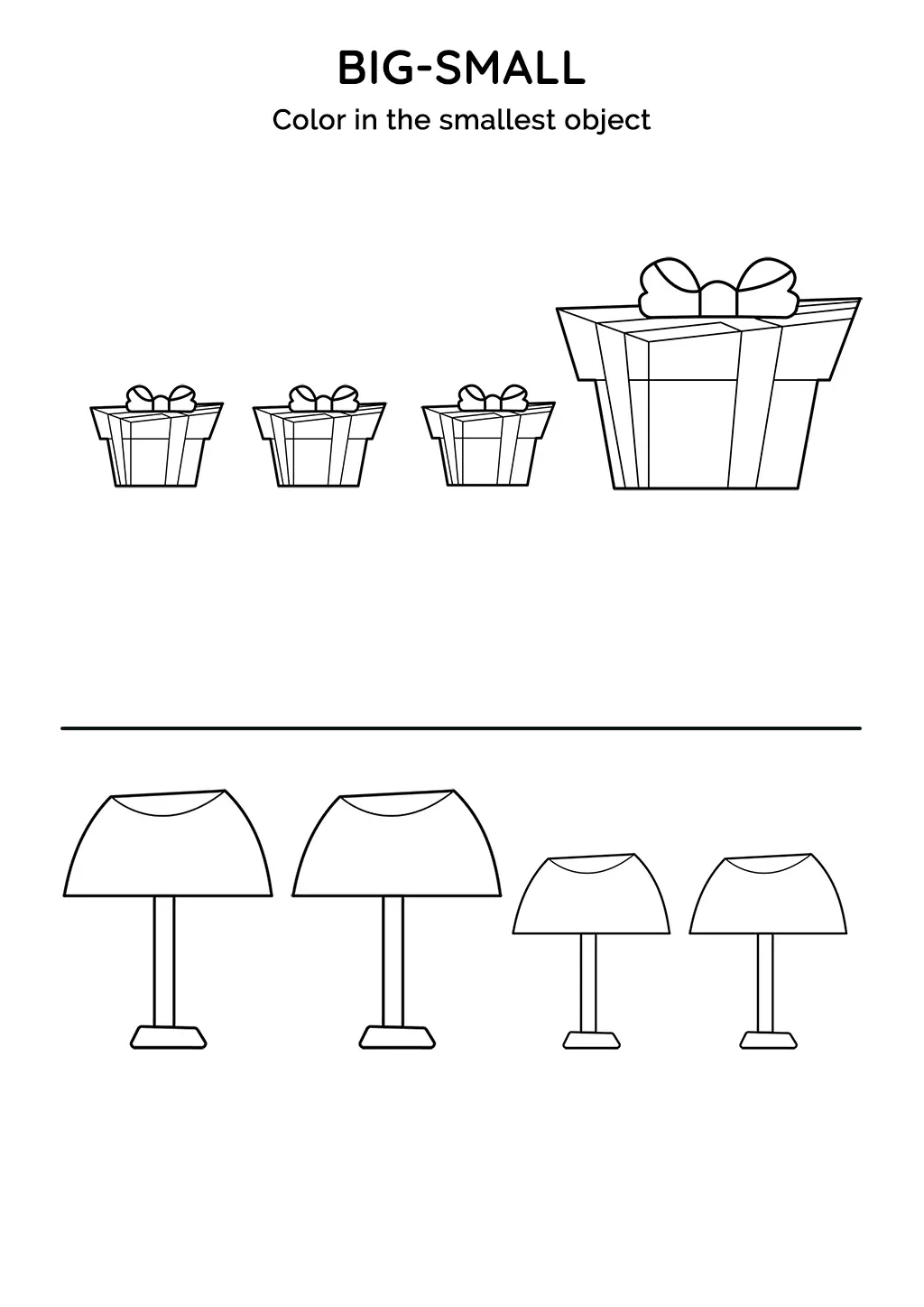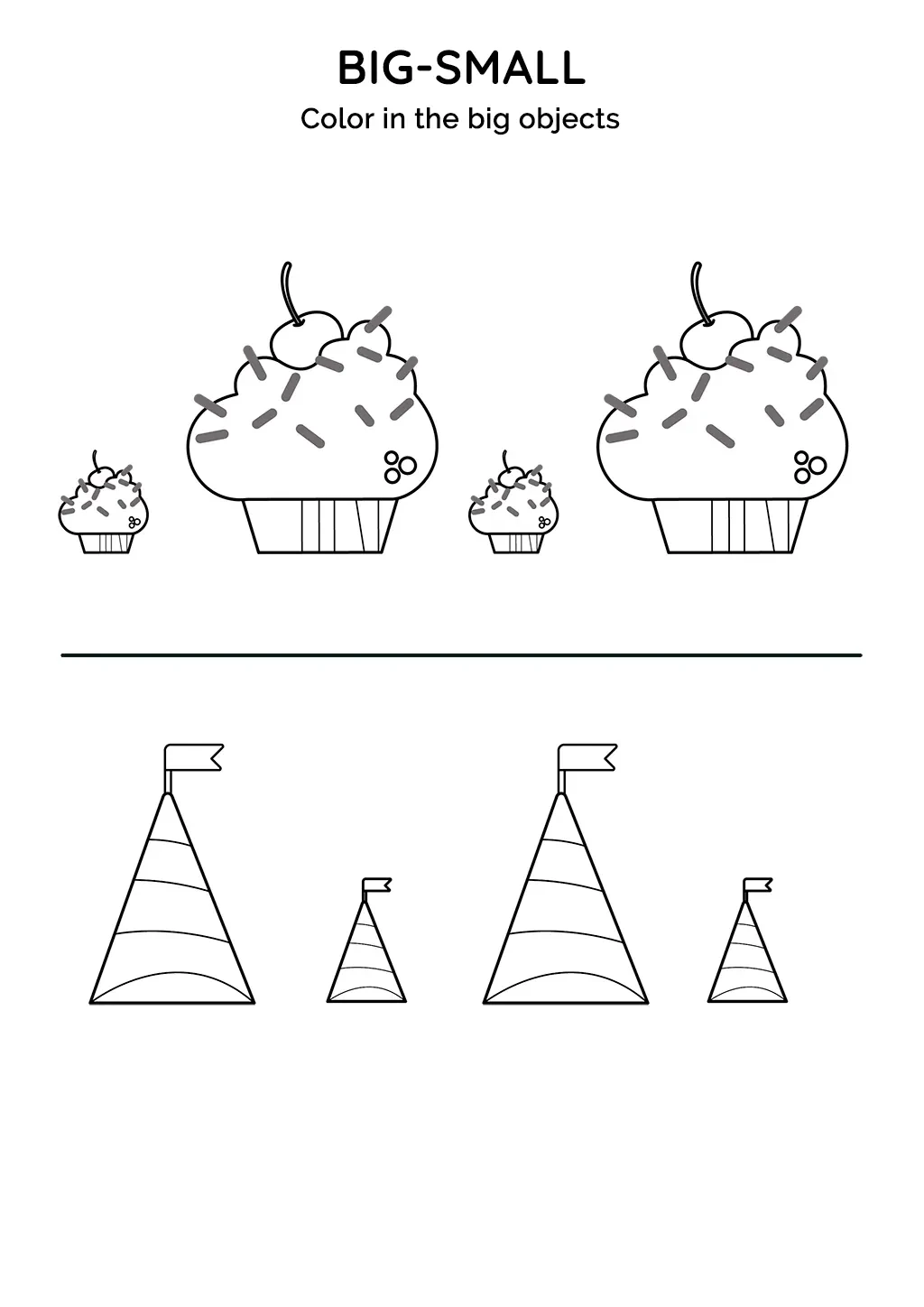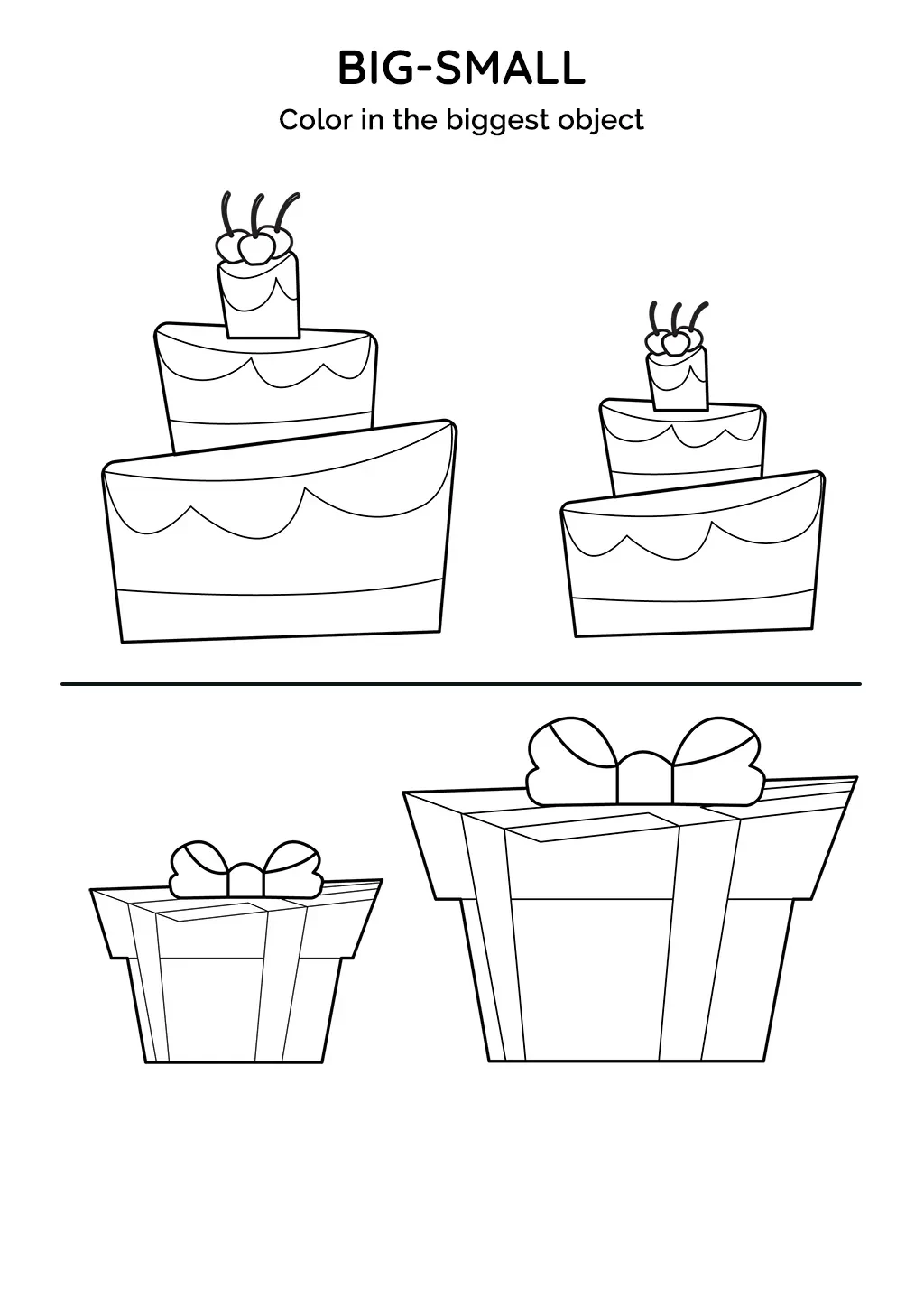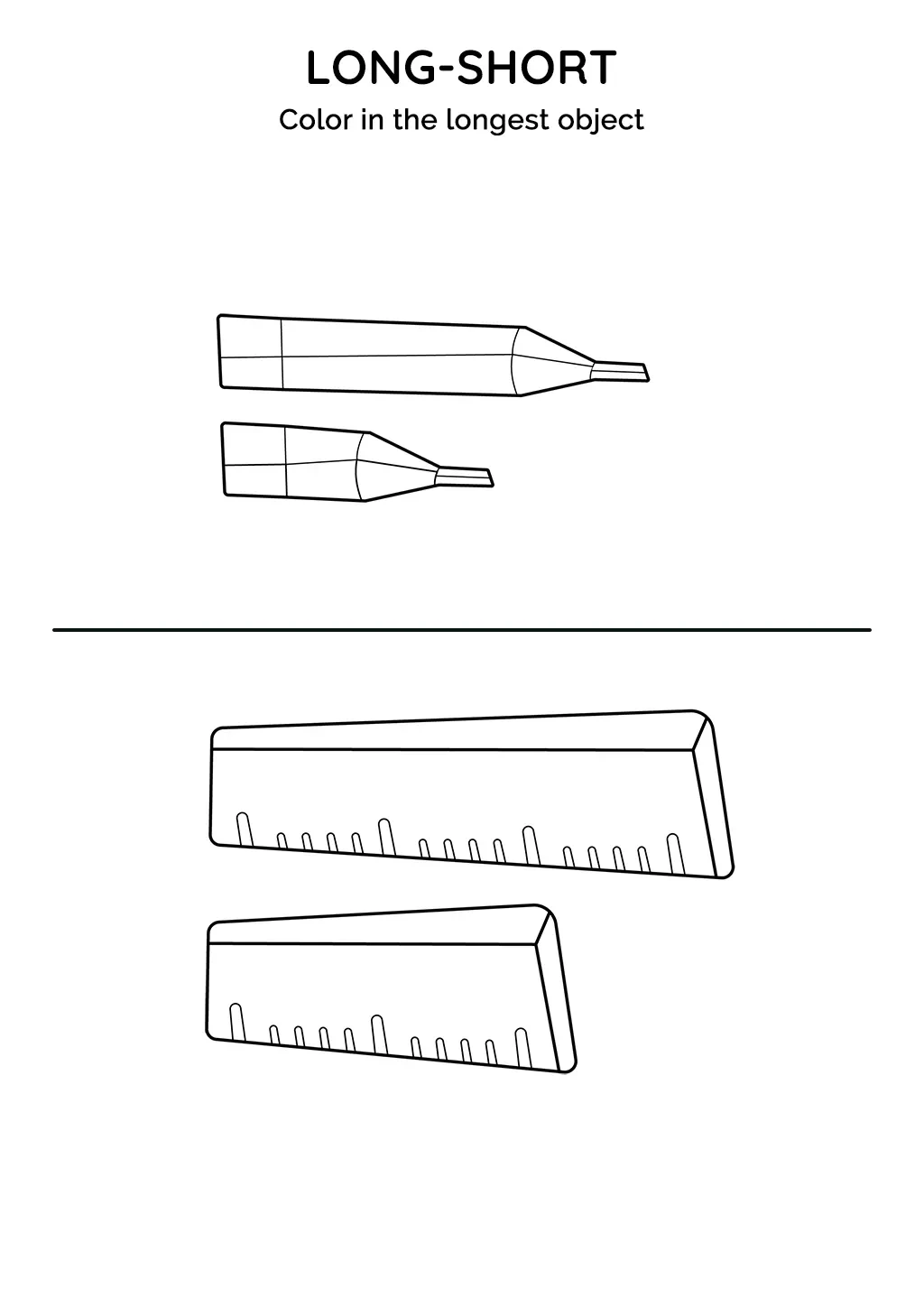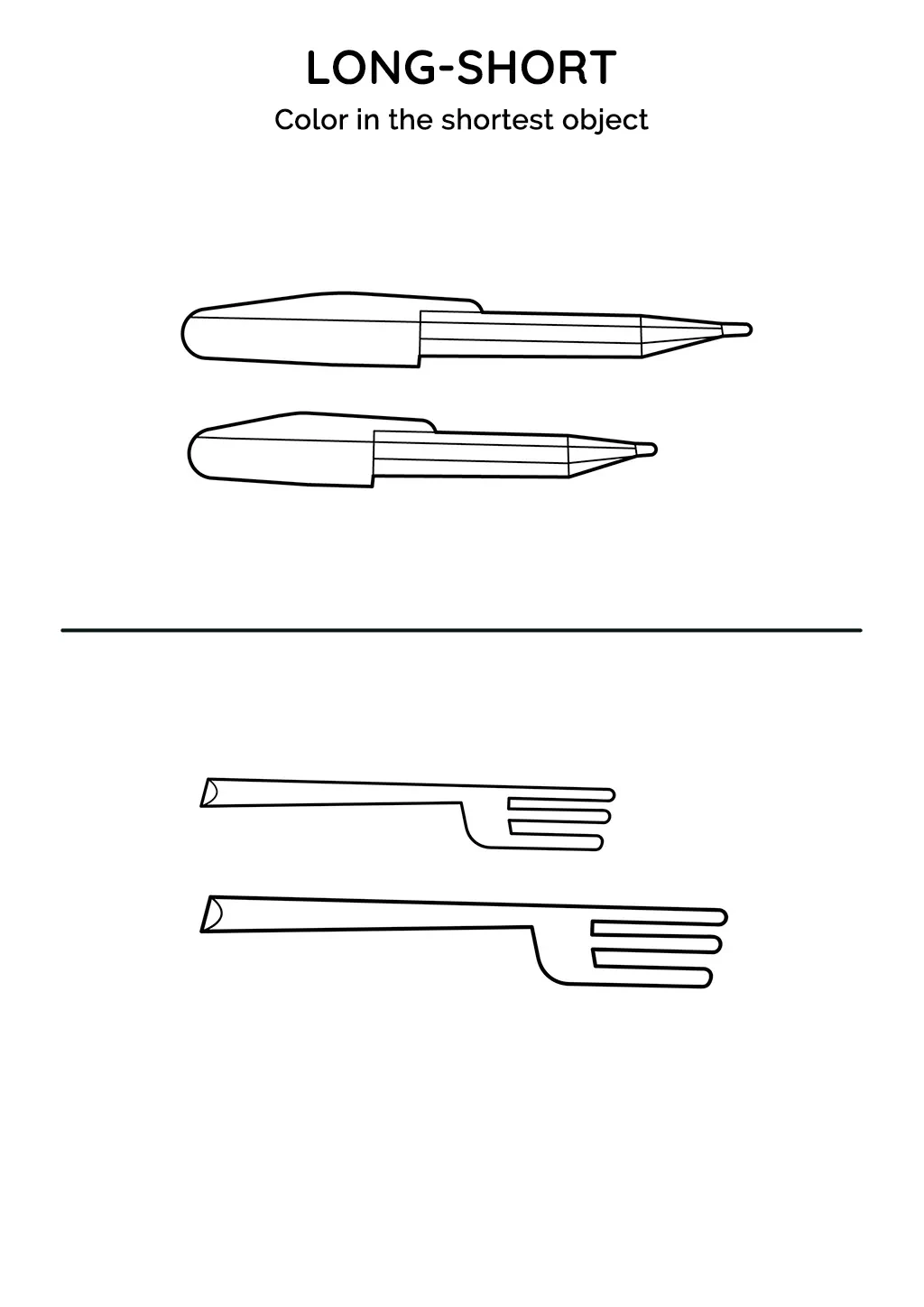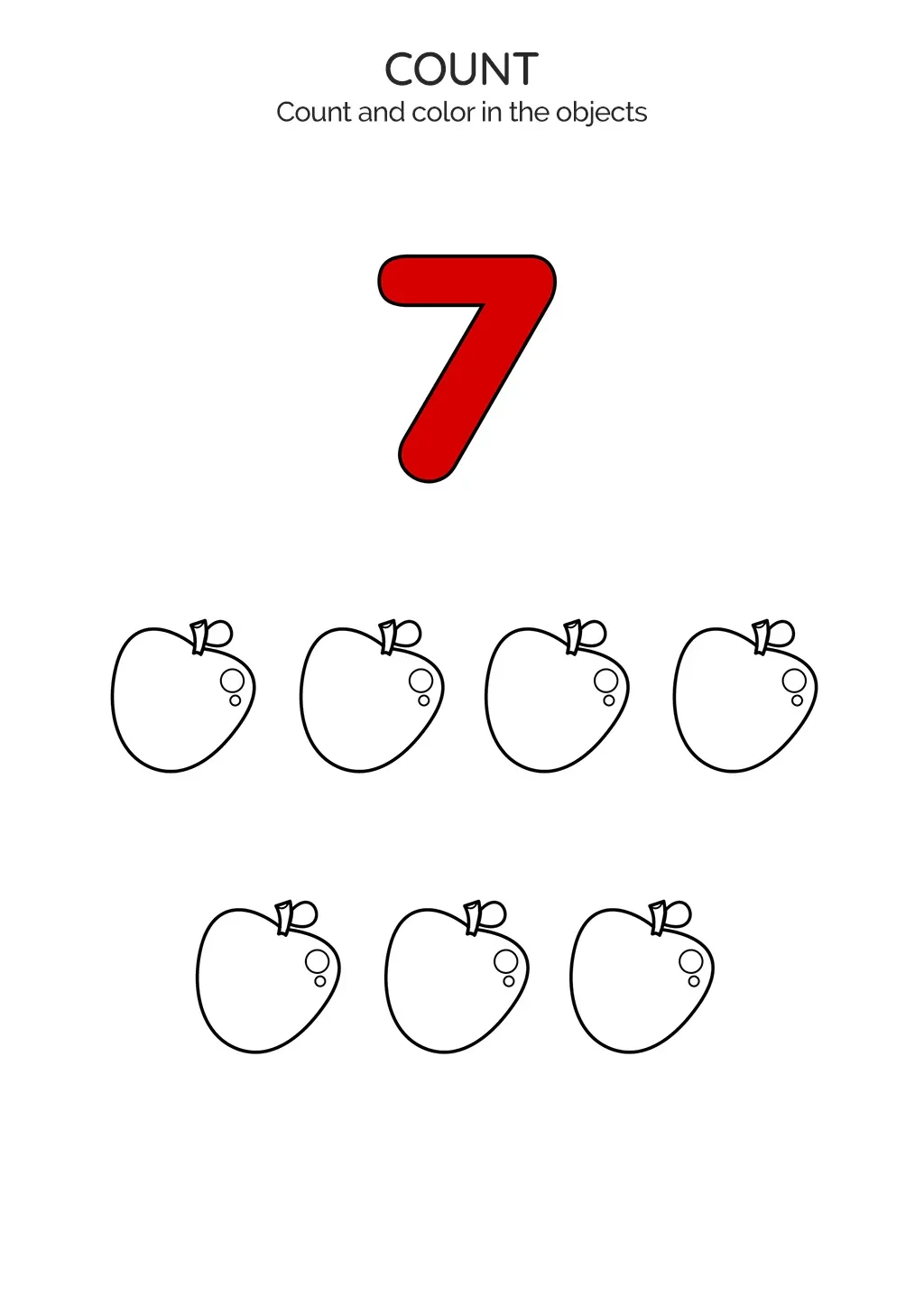Mathematics – a subject that’s more than just numbers, it’s a language of its own! From basic counting to complex equations, the journey of learning mathematics opens up an entirely new world for children. With symbols playing a crucial role in this language, it’s vital that we introduce kids to these simple yet significant elements at an early age. Mathematical symbols form the backbone of mathematical operations, help in expressing ideas precisely, and make problem-solving easier. So, how do we present these abstract concepts in a fun and engaging way to young learners? Let’s dive into this topic and provide some practical tips for introducing basic math symbols to children aged 3 to 6.
As numerals are to numbers, symbols are to mathematical operations. They are the shorthand of mathematics, saving time and effort while writing out equations or expressions. Take the example of the plus (+) and minus (-) symbols. These common math symbols stand for addition and subtraction, respectively, fundamental operations that children first learn in mathematics. Other basic symbols include multiplication (x or *), division (÷ or /), and equals (=), all of which play a significant role in arithmetic. There are also less common, but equally important symbols like greater than (>), less than (<), and not equal to (≠), used to compare numbers. Understanding these symbols is not just about memorizing their meanings, but also about grasping the underlying concepts they represent.
The thought of teaching abstract math symbols to young children might seem challenging, but it can be an exciting adventure with the right approach. Here are some fun ways to introduce basic math symbols to kids aged 3 to 6.
Remember, children learn best when they are having fun, so keep the learning process engaging and interactive!
Introducing children to the concept of mathematical symbols doesn’t have to be a daunting task. In fact, with the right resources and a dash of creativity, it can be a fun and engaging process. Through games, interactive stories, and educational worksheets available on Smart Tales, children can explore and understand these symbols in a context that’s meaningful to them.
Dive into a world of numbers and symbols with the delightful stories available in the Smart Tales app. A perfect blend of education and entertainment, these stories will captivate young minds and make learning a joy.
The Smart Tales app offers an array of games that help children explore mathematical symbols in a hands-on manner. These games not only reinforce the concepts taught in the stories but also allow children to apply their knowledge in a practical setting. Through interactive gameplay, children can master the art of using mathematical symbols, making math an adventure they’ll want to embark on every day!
To reinforce the understanding of mathematical symbols, the Smart Tales app provides a range of educational worksheets. These worksheets offer children the opportunity to practice using mathematical symbols in various contexts, helping them solidify their grasp of these critical concepts. They provide an ideal mix of learning and fun, making them a perfect educational tool for young learners.
Math symbols form the backbone of math education, laying the foundation for more advanced concepts as children progress in their learning journey. Introducing these symbols to children at an early age is critical, but it doesn’t have to be tedious. With the creative approach of Smart Tales, encompassing engaging stories, interactive games, and practical worksheets, children can learn these important symbols while having fun. This immersive, enjoyable experience helps children develop a positive association with learning, setting them up for success in their educational journey.
